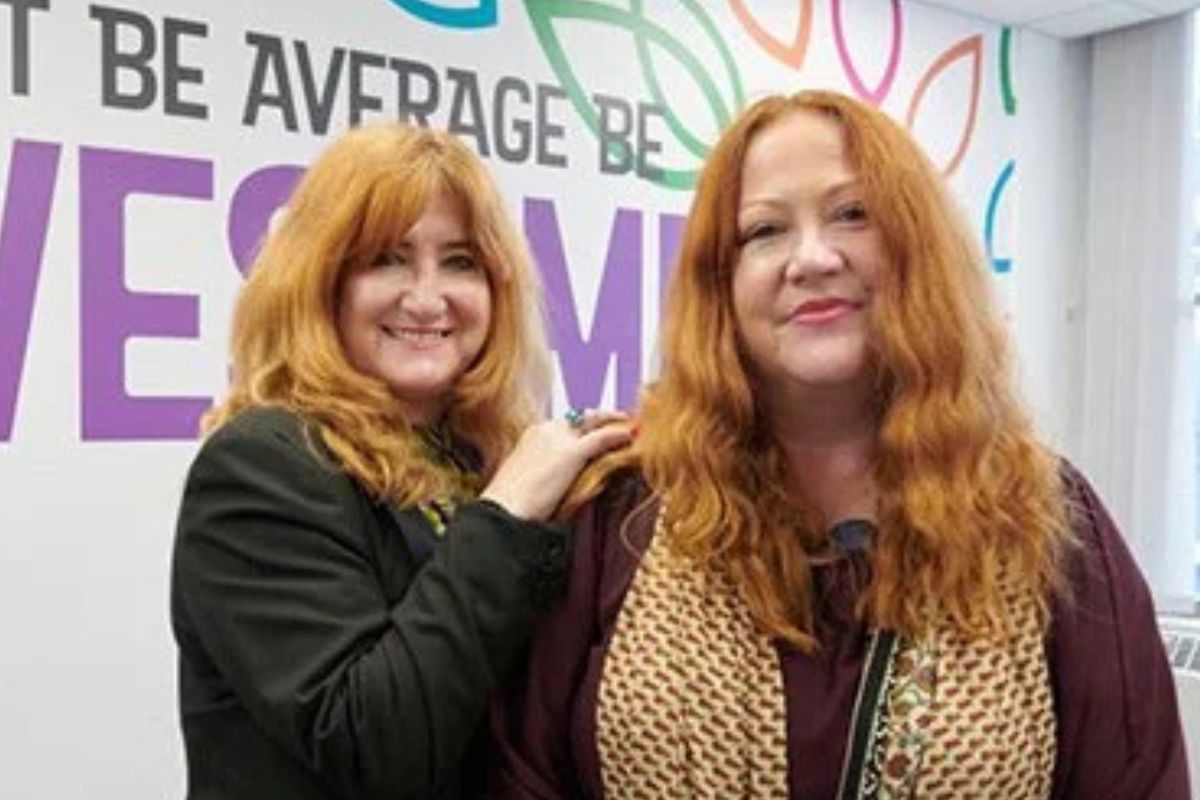In the Future, How Will We Learn? Cornerstones of 21st Century Education with Daniel Howlett

How we learn, how we think, what we dream of achieving – all are undergoing a huge overhaul
During a virtual summit hosted by the UK Pavilion at Expo Dubai 2020, what this means for the students and educators of tomorrow was explored in further detail.
As part of HSBC’s Founding Partner status of the UK Pavilion, Dan Howlett, Regional Head of Commercial Banking was joined by leading figures in the industry to explore what educating young people for the needs of the 21st century is going to look like:
Today, youngsters in physical or digital classrooms face a greatly different educational prism to their predecessors. Why? Because the world is changing so rapidly, increasingly characterised by the push for sustainability, digitalisation and globalisation 4.0. Plus, the Covid-19 pandemic rewrote educational norms in just a matter of weeks last year.
Approximately 1.5bn students in 188 countries or economies were locked out of their schools in 2020 – nearly 20% of the global population.1

“We have a moral responsibility to prepare students so they can succeed in the coming century – one that can be exciting, intimidating and extremely quick to change.
“Of course, that is easier said than done.
“There is a lot to figure out in terms of what education of the future should and will look like, both nationally and internationally,”
explained Aaron Toogood, an Associate Professor at De Montfort University.
Embracing variety
There is no single definition of 21st century skills, but there is a collection of ideas. For example, these “four C’s” fall under the umbrellas of emotional and adaptable intelligence: communication, collaboration, critical thinking and creative thinking. These are very coveted by employers, as are digital skills and global awareness.
Now add to this multifaceted mix that many jobs of the 21st century may not yet exist. Think back just 20 years when jobs like Digital Water Specialists and Social Media Managers were not on the radar.
Toogood said De Montfort University holds “employability conferences” during teaching breaks to responsibly keep pace with this change, with topics ranging from how to create a LinkedIn account to Twitter etiquette. The value of spending a year in industry during university is also essential in helping students chart their careers in what is an increasingly nuanced working world.
The entrepreneurial spirit of younger generations today is very impressive – and we must harness it. Accordingly, we are broadening our hiring net beyond a narrow band of universities to engage talent with an array of learning skills and from diverse, global backgrounds. As an organisation, we respect the societies we serve – and our talent must reflect that.
– Dan Howlett, Regional Head of Commercial Banking at HSBC
Power of role models
Teachers’ influence in transitioning from traditional learning – typically based on rote methods – towards encouraging students to be intellectual risk takers is vast. The same applies to helping students be more at ease with constructive failure, i.e., experimenting in the pursuit of knowledge.
“The most powerful learning takes place when it is owned by students and as teachers, we must be very effective facilitators in that journey. Amid the disruption over the last eighteen months and the great global changes we expect ahead, teachers’ guiding hands will be more important than ever,” emphasised Clare Turnbull, the Head of Prep at the Royal Grammar School Guildford in Dubai.
- How has what you did yesterday helped you today?
- Do you know what you are hoping to do tomorrow?
- And how can I help you?
These are the sort of gentle yet intentional questions teachers can ask every student to inspire them to think more deeply about their actions, take responsibility for their knowledge and build their confidence.
These building blocks unlock students’ long-term ability to create and communicate. Such skills are all the more critical when you consider that some children as old as six have never entered a classroom due to the pandemic. The opposite end of the spectrum – the globalisation of communication – must also be factored in.
Toogood shared how a primary school in the English city of Leicester has 100 languages among its 500 students, so it is “not uncommon to see a teacher with Google Translate on their phone.”
Overall, the pandemic has also meant that teachers have noticed students across all age ranges narrowing their career aspirations to track their parents’ footsteps. In many parts of the world, this is being amplified by a lack of travel and exposure to different walks of personal and professional lives. To counter this, educational leaders must work harder to help students break away from siloed thinking and become leaders of themselves.
Teachers must also be given more freedom to support students with skills that may not be quantifiable or are outside of the prescribed national curriculum. It takes a brave teacher to spend time focusing on learning that is designed to enhance a student’s appetite to learn or to boost their confidence, but not directly link to their school assessments, Toogood said. But just consider that there are no indices to rate student’s confidence, nor their ability to create or inspire – yet all are paramount for the 21st century.
Looking ahead, the global community of educators must think about how we judge students’ skills in the 21st Century just as much as we consider what they need to know to thrive. We are just at the beginning of this fascinating, complex journey – one that represents a rare opportunity to leapfrog our evolution.
Daniel Howlett, Regional Head of Commercial Banking at HSBC
1 Organisation for Economic Co-operation and Development (OECD)











Responses